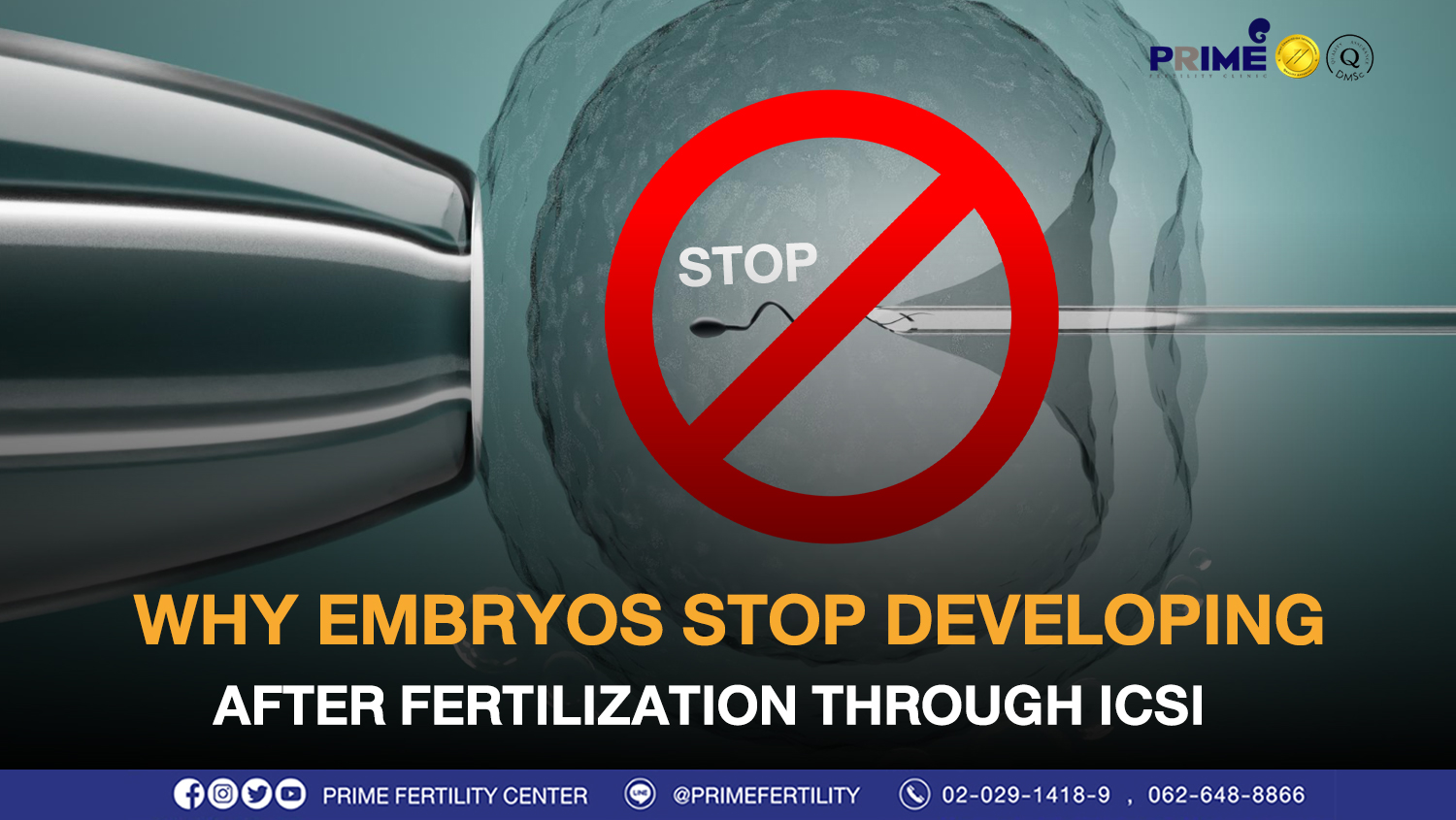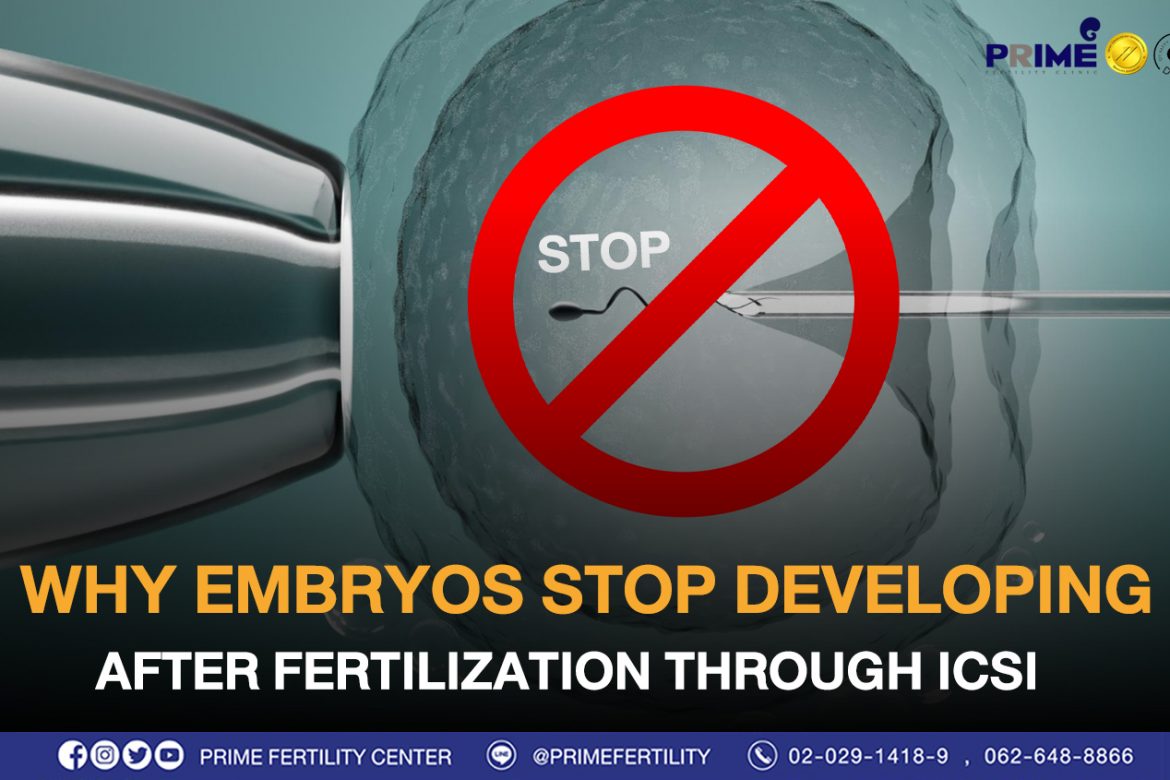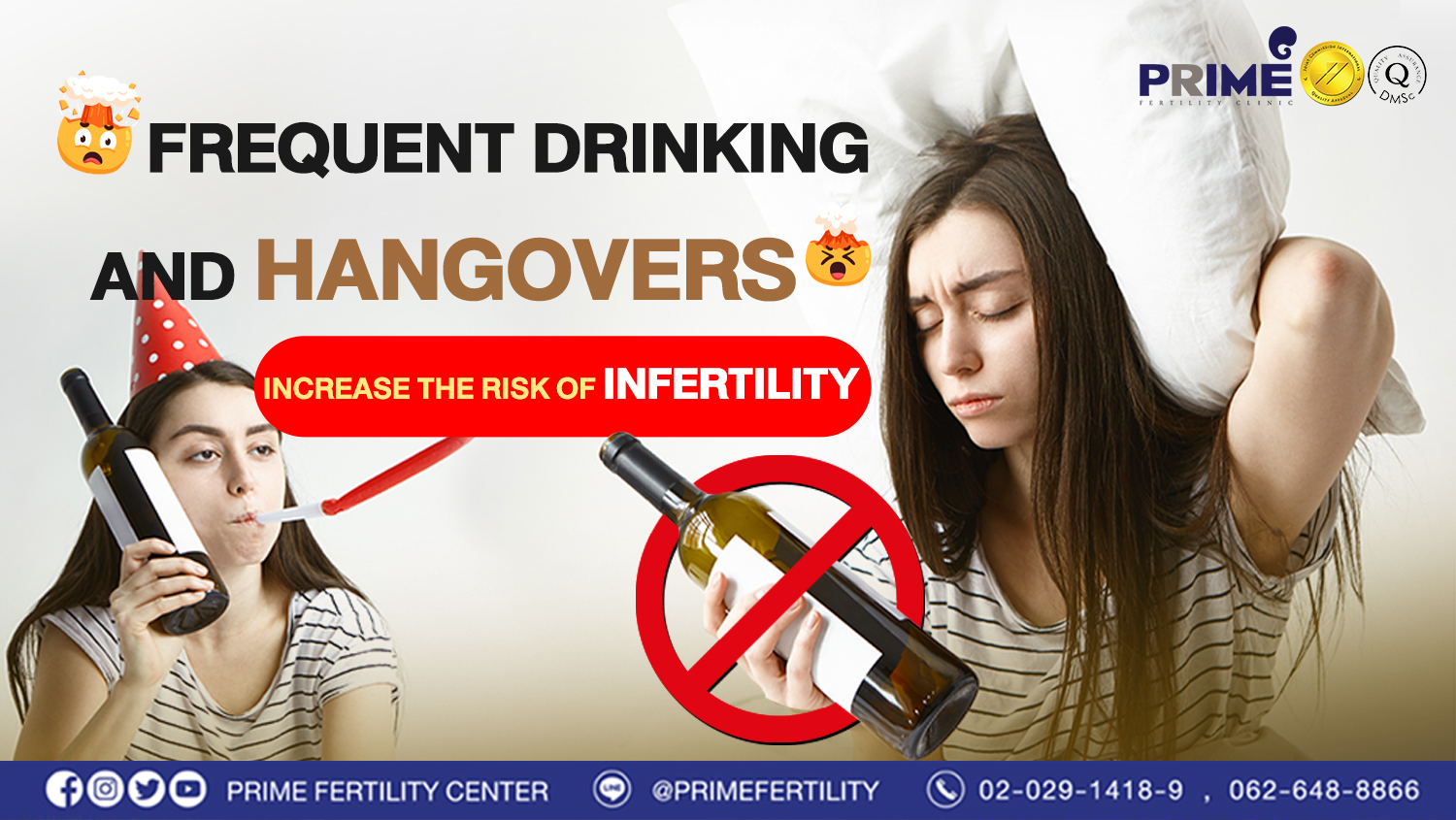Many couples may experience disappointment after knowing the results of ICSI fertilization because their embryos stopped developing. Fertilization result does not guarantee that fertility treatment will be successful.

Some embryos cease to develop and die within a few days of fertilization. Chromosome abnormalities are a common cause.
The majority of chromosome abnormalities are caused by DNA replication at the beginning of cell division, according to researchers at Columbia University’s Vagelos College of Physicians and Surgeons in the United States. These discoveries shed new light on the biology of human reproduction. In the long run, it could lead to an increase in IVF success rates. This study was published online on Cell (Journal) on July 19, 2022.
Cell division in humans occurs within 24 hours of fertilization. Many embryos with chromosome abnormalities from IVF are found to be caused primarily by aneuploidy. When faced with chromosome duplication, researchers believe that errors occur in the final step of cell division. These errors are caused by the microtubule spindle, which is used to separate two sets of chromosomes.
According to a study conducted by Dr. Dieter Egli (the Maimonides Assistant Professor of Developmental Cell Biology at Columbia University, with appointments at the Department of Pediatrics and Obstetrics and Gynecology.), errors caused by chromosome abnormalities occur earlier than when DNA of genome is duplicated during cell division. According to the findings, if a duplication is not precise and the microtubule spindle fails to function properly, an incorrect number of chromosomes will be placed in each daughter cell. When DNA duplication is abnormal, the microtubule spindle malfunctions. This is what previous studies have overlooked.
The obstacle in DNA’s double helix is found to be the cause of DNA duplication failure in embryos. The exact cause of these obstacles is unknown, but they cause DNA duplication to stop, resulting in DNA breakage and an abnormal number of chromosomes. These errors occur during the first round of cell division. Researchers discovered that if there are too many chromosome abnormalities, the embryo will not be able to develop.
Furthermore, researchers intend to conduct additional research on DNA damage during DNA replication in order to gain a better understanding of disease variation in humans in the long run. These studies may lead to a reduction in the risk of chromosome abnormalities and embryo degeneration for those undergoing IVF fertility treatment.
–
- Piraporn Jindasri
Embryologist
Reference: Prime Fertility Center Co., Ltd.
If you’re interested in our ICSI program, kindly find more details as below website: https://www.primefertilitycenter.com/en/package-promotion-2/icsi-package/
—————————————————————–
ICSI (Intracytoplasmic Sperm Injection)
ICSI (Intracytoplasmic Sperm Injection) is an in vitro fertilization procedure with the laboratory technology. Both IVF and ICSI are comprising of similar procedures. But the difference is how sperm will fertilize an egg. In ICSI program, only one best sperm cell will be selected then injected directly into a fully matured egg. Patients will be prescribed some hormonal medications. Stimulating ovaries to produce several eggs. ICSI can make a pleasant fertilization rate. As well as reduces some fertilization problems or abnormalities caused from egg and sperm. For example: multiple sperm fertilize an egg, sperm cannot penetrate the egg. The combined egg will transform to be an embryo after fertilization. Next, the embryo will be raised and will grow up among the appropriate environment inside a laboratory. Finally, the embryo will be transferred to the uterine cavity in order to implant then develop to be the fetus later on.
Couples who should receive the infertility treatment with ICSI program:
- Female’s age more than 35 years
- Stenosis for both sides of the fallopian tube
- Severe Endometriosis
- Ovarian hormone dysfunction for examples: Chronic Anovulation, PCOS (Polycystic Ovary Syndrome)
- Severe sperm abnormalities including sperm morphology, sperm count, sperm motility
- Male who is sterile or had a vasectomy but the body can still produce sperm. To extract sperm under this limitation, a surgical procedure will be performed such as PESA, TESA, TESE.
- Couples who have failed from previous IVF cycle
- Couples who prefer screening the embryo’s genetic diseases
Frozen Embryo Transfer (FET)
Frozen Embryo Transfer (FET) is the process of embryo transplantation into the uterus after thawing frozen embryo. The patient can choose the FET date by convenient time e.g., 1-2 months after the fertilization process. The evidence supports FET in women more than 35 years of age are providing more pregnancy rates than FRESH embryo transfer.
Due to the inducing medication that the female takes to develop multiple of healthy ovum, the huge amount of hormones generated will weaken endometrium, consequently lessening the success rate of the transfer regardless of the perfect condition of embryos. Given the circumstance, the embryo transfer right away after ovum retrieval (FRESH transfer) may not be an effective protocol.
Moreover, a number of studies from various institutes found that FET offers better and higher chance of pregnancy than the FRESH transfer because endometrial tissue is in more proper state for embryos. Therefore, the doctor will consider which protocol fits best for each couple individually.
ivf bangkok




